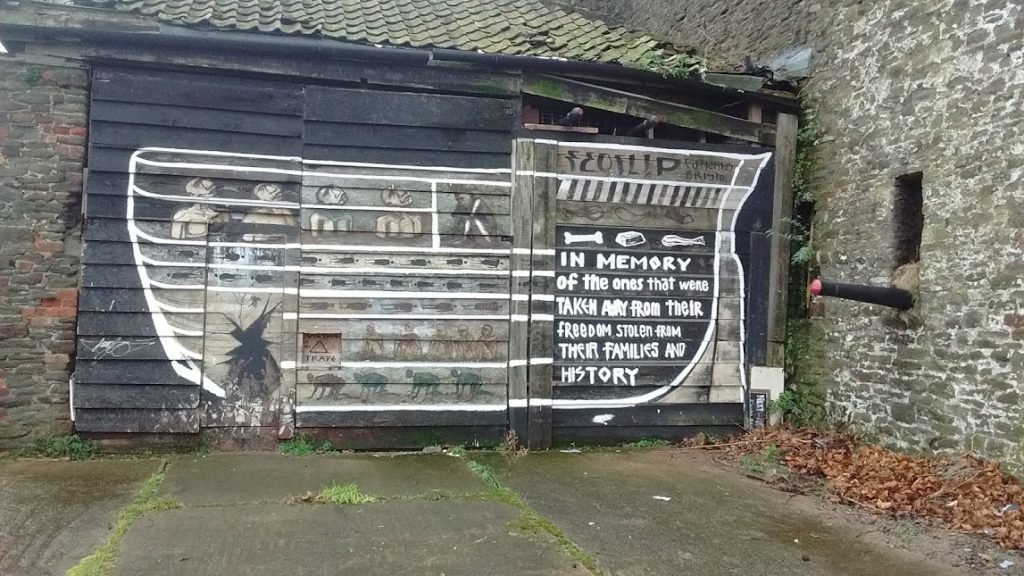This Week’s Bit of String: How much can fit in one duffel bag
Recently I had a nightmare about being deported to a concentration camp. My family was packing as much as they could into their bags. In my dream no one else realised what this journey entailed, and I was debating whether to tell them what lay ahead; we wouldn’t be able to take our belongings with us.
I’ve travelled the world in nightmares. I’ve climbed trees to escape Rwandan genocide, tried to reason with a mob to save my son from Cambodian killing fields, I’ve found my sister dying in the desert following an ISIS-type invasion. I live a privileged life and such things may never affect me, but when I read about crises such as Rwanda’s, I’m struck by how quickly and brutally people can be turned against each other. Those who participated were, after all, no less human than you or I. My dreams solidify this for me and I’m kind of proud of that.
Do you ever find reading about something isn’t enough; there’s some satisfaction in knowing it’s imprinted on your subconscious?
Evasive Manœuvres
A couple weeks ago, nightmares became a hot election issue in the American state of Virginia—nightmares and racism and censorship. The Republican candidate for governor ran ads with a woman complaining about how the Democrat candidate would allow schools to assign books of the type that give children nightmares. Her son, while in his late teens, had suffered bad dreams from reading a Toni Morrison book recounting some horrors of slavery. Parents should get a say in what their kids read at school, and Democrats would deny parents that power, went the rationale.

While I was in school there were a few books that met with my disapproval. Cormier’s The Chocolate War wasn’t up to my literary standards, for example, and the writer seemed to slip in references to masturbation just to impress his own teen son. Reading about Greek mythology annoyed me; the gods and goddesses were petty and selfish. Because of my own PTSD, I dreaded my sophomore year when I had to read I Know Why the Caged Bird Sings, Maya Angelou’s memoir. But it never occurred to me to object to reading them. School’s all about putting up with things you don’t like. So is life, come to that.
As a parent, I want school to broaden my child’s knowledge. There are plenty of books I recommend that he reads, but school professionals will introduce him to other things. If those things give him nightmares occasionally—good. He’s taking the world seriously.
How do you read about the torture and enslavement of human beings and not get nightmares? Is the discomfort of nightmares a legitimate excuse to not be educated about the crimes perpetrated on millions of our fellow Americans?
Selective Discomfort
Stories highlighting racial injustice and persecution aren’t the only ones parents are agitating to get removed from school curricula and from library shelves. There are a lot of campaigns against books that represent LGBTQIA characters. I’m not sure where the nightmare fuel in those are, although I did dream once that a gay colleague and I ran into King George III, who was going to execute my friend for his homosexuality, and the only way I could stop this was by stabbing His Majesty with a pencil.
It was pretty traumatic, inflicting that wound. But that’s just my brain putting weird spins on things again. The truth is, it looks as if a lot of people are trying to abolish diversity in literature.

Years ago I had a brief job looking after 3-year-olds during Bible studies at a church. For Christmas, I was given a video to show them about Saint Nicholas’s life story. It was a cartoon, but it did feature his arrest and imprisonment, and the children were horrified. “Santa’s in jail!” I had seen this trend growing up religious; our church library had videos about Roman persecution of Christians featuring people being thrown to the lions. My friend watched these when she was nine years old.
I suspect the same young man who complained about slavery nightmares (which apparently he’d never have had if he hadn’t been forced to read a Toni Morrison novel his senior year in high school) probably knew the gruesomest details of Jesus’s crucifixion by the time he started Kindergarten. One of my earliest nightmares, at the age of 5, was seeing my mom carrying a cross down our street and knowing what would happen next.

The boy in Virginia went on to the dizzying heights of interning in the Trump White House. He’s fine. But I think schools play an essential role in helping us equalise our nightmares. We shouldn’t be allowed to only read about threats against people we think are like us. At heart, everyone is like us. Because I’m a law nerd as well as a literature and education one, I found this interesting case from 1977 where a federal appeals circuit ruled a school board could not remove books from school libraries, because students have “a right to know.” We might be seeing this case cited a lot in the coming months.
A disturbed sleep is a small price to pay to keep us in touch with the world, to perceive the harsh realities other people face. I’ve been told some of my grittier stories are “harrowing,” but also that “it’s good to be harrowed.” Sometimes that’s our job as writers. Would you be a bit proud if you wrote something that fuelled a nightmare or two?